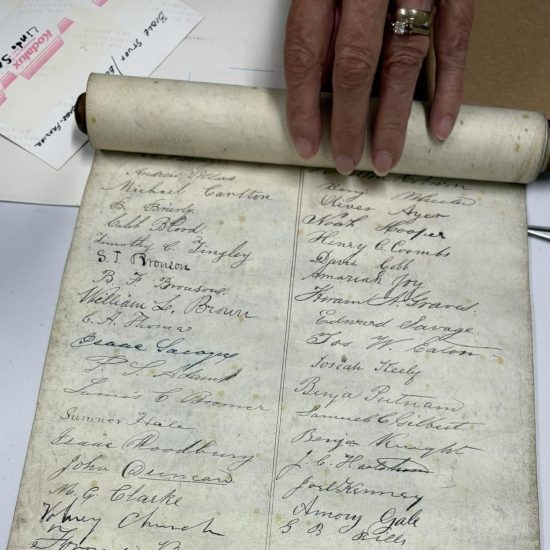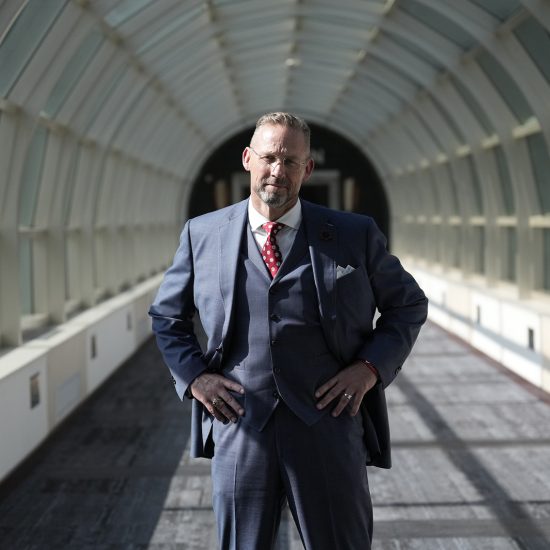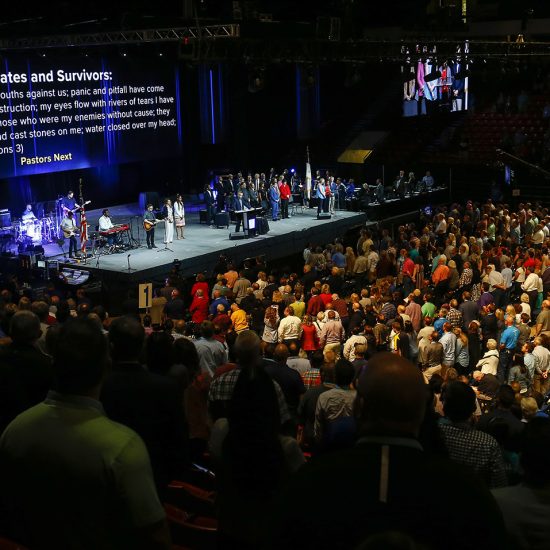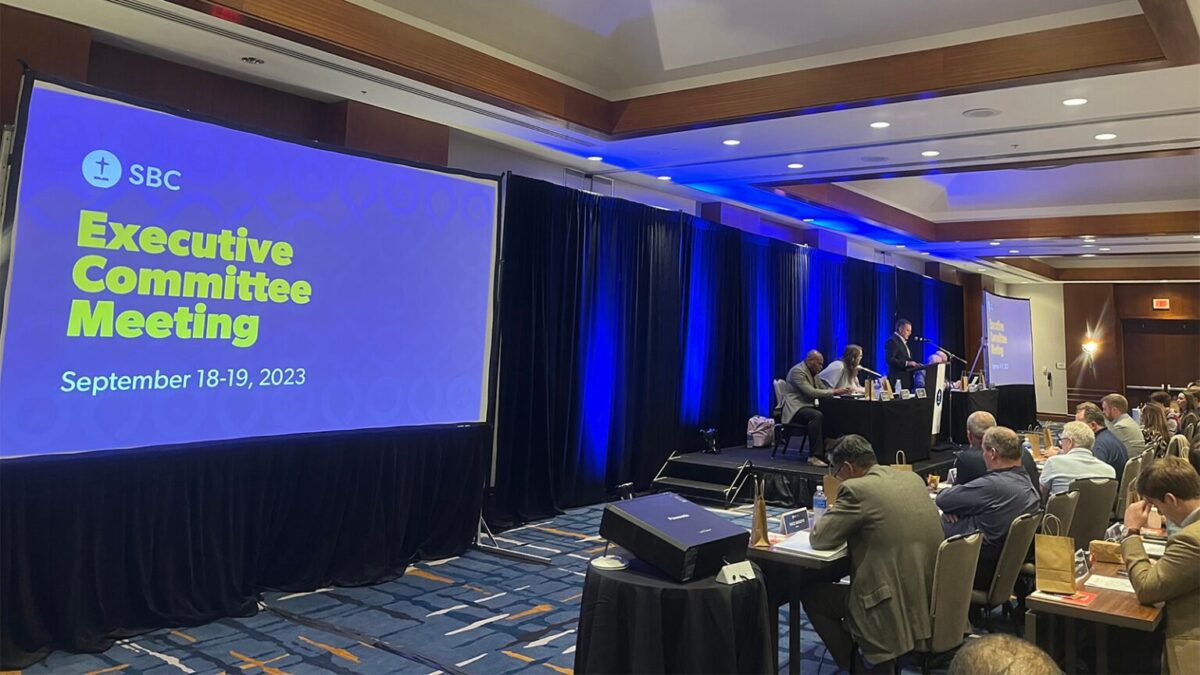
(RNS) — Leaders of the nation’s largest Protestant denomination face a pair of new lawsuits that accuse the denomination of covering up sexual abuse in local churches.
The lawsuits were filed — one in federal court, another in Arkansas — as the Southern Baptist Convention’s Executive Committee is set to discuss the future of abuse reforms in the 13 million-member denomination.
One of the lawsuits was filed in the U.S. District Court for the Western District of Tennessee on behalf of six survivors of alleged sexual abuse, who claim SBC leaders violated the Racketeer Influenced and Corrupt Organizations Act. Better known by the acronym RICO, the act was initially passed to address organized crime.
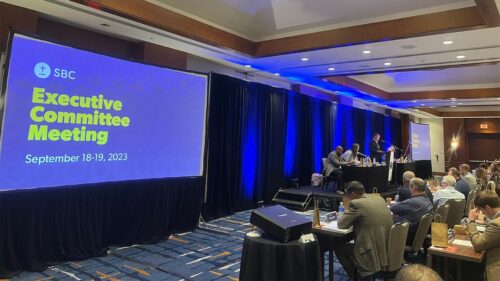
The Executive Committee of the Southern Baptist Convention meets Monday, Sept. 18, 2023, in Nashville, Tenn. (RNS photo/Bob Smietana)
The complaint, a civil matter filed in late December, names the SBC Executive Committee along with churches in Colorado, Illinois, Louisiana, and Alabama — and recounts the history of the SBC’s recent abuse crisis, including the 2021 Guidepost Solutions report commissioned by the denomination’s annual meeting. The complaint also details the alleged abuse suffered by the plaintiffs and the consequences of that alleged abuse.
“Defendants have maliciously and systematically engaged in covering up and concealing instances of sexual abuse by the church members and employees as a strategy of denying the rights of sexual abuse survivors,” the complaint alleges.
A second lawsuit was filed on Jan. 24 in Pulaski County Circuit Court on behalf of two men, who were not identified, who allege they were abused as children by a former music minister at First Baptist Church in Benton, Arkansas. That former music director, David Kent Pierce, pleaded guilty to four counts of sexual indecency with a child in 2009 and was released from prison in 2012, according to the Arkansas Democrat-Gazette.
The complaint in the Arkansas lawsuit, which names First Baptist, the Arkansas Baptist Convention, the SBC, and its Executive Committee, alleges the pastor of First Baptist knew of the abuse and allowed Pierce to apologize and keep his job, at least for the short term, before he was fired and later convicted.
“The church will continue to cooperate with any investigation regarding the allegations made in this lawsuit, and will work with its legal counsel to respond appropriately to the lawsuit,” First Baptist told the Arkansas Democrat-Gazette.
A spokesman for the Executive Committee said the committee has not yet been served with either lawsuit.
Jeffrey Grell, an attorney and expert on RICO cases, said religious groups such as the Southern Baptist Convention aren’t exempt from being accused of racketeering under RICO. However, he said, it is unlikely that the plaintiffs in the recent lawsuit have standing to sue.
Grell, who taught classes on RICO at the University of Minnesota and authored a textbook on the topic, said the law is meant to address economic harm, rather than bodily harm. Religious groups can be held liable for abuse, he said, pointing to massive settlements by Catholic dioceses. But attempts to sue the Catholic Church under RICO have failed.
“Abuse is the worst thing you can do to somebody, apart from murder,” he said. “There’s just no standing for bodily harm under RICO. It doesn’t apply to pain and suffering.”
The SBC’s lack of a top-down hierarchy would also weaken any RICO claim, said Grell, as local congregations hire their pastors, rather than have a leader assigned by denominational leaders.
“It would be much more difficult to prove,” he said.
Grell said attorneys will file in part to pressure defendants into settling due to the negative publicity that comes from such lawsuits.
The RICO lawsuit was filed at a time when the Executive Committee faces an ongoing financial and leadership crisis. A series of abuse-related lawsuits — some filed by survivors of abuse and others by alleged abusers named in the Guidepost report — have drained the committee’s reserves and no permanent plan is yet in place to fund a set of reforms meant to address sexual abuse.
The committee — which oversees the business of the SBC between annual meetings — has also been without a permanent leader since 2021. A team tasked with searching for a new leader had planned to announce its candidate for the job at the Executive Committee’s upcoming meeting, set for Feb. 19-20 in Nashville, Tennessee. But Georgia Baptist leader Thomas Hammond decided to withdraw his name after “much prayer, fasting, and a desire to be in the center of God’s will.”

